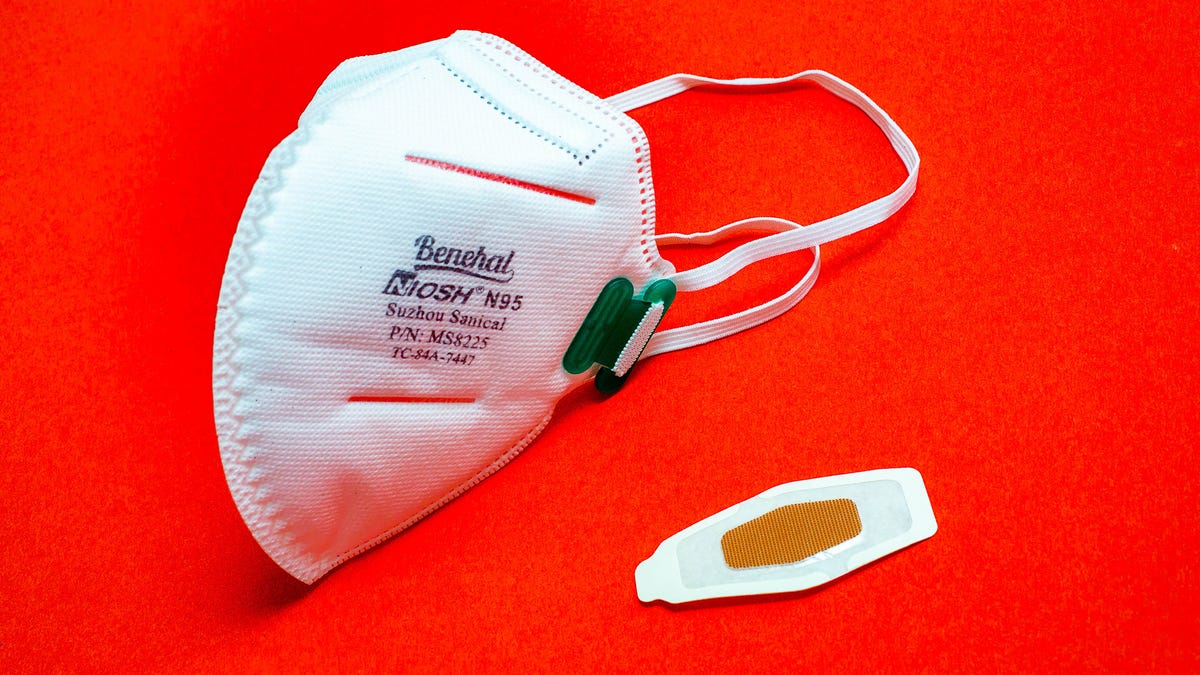Mask Mandate for Public Transportation Extended
Masking on airplanes and buses is required through April 18.

You'll need to keep your mask on when riding on an airplane, bus or other mode of public transportation through April 18, according to announcements Thursday by the US Centers for Disease Control and Prevention and the Transportation Security Administration.
The public transportation mask mandate was previously set to expire March 18, less than a month after the CDC loosened its mask guidance for the majority of the country.
The CDC made the recommendation that the TSA, the agency that enforces the public transportation mask mandate, extend it for another month.
"During that time, CDC will work with government agencies to help inform a revised policy framework for when, and under what circumstances, masks should be required in the public transportation corridor," both agencies said.
Traveling on public transportation can increase a person's risk of catching COVID-19 due to the close quarters. As of Feb. 25, masks aren't required on public or private school buses or vehicles.
All 50 states have announced plans to drop mask mandates after the last one, Hawaii, announced its requirement will expire on March 25. The pressure on states and agencies to drop mask mandates comes as COVID-19 cases, hospitalizations and deaths are declining in the US and many other countries, following the winter's omicron surge.
More than 6 million people have died from COVID-19 around the world, according to Johns Hopkins University data.

